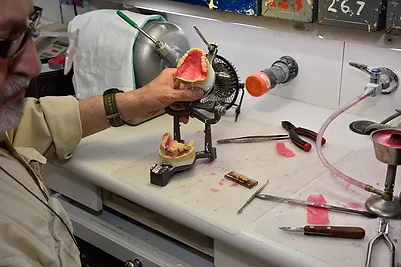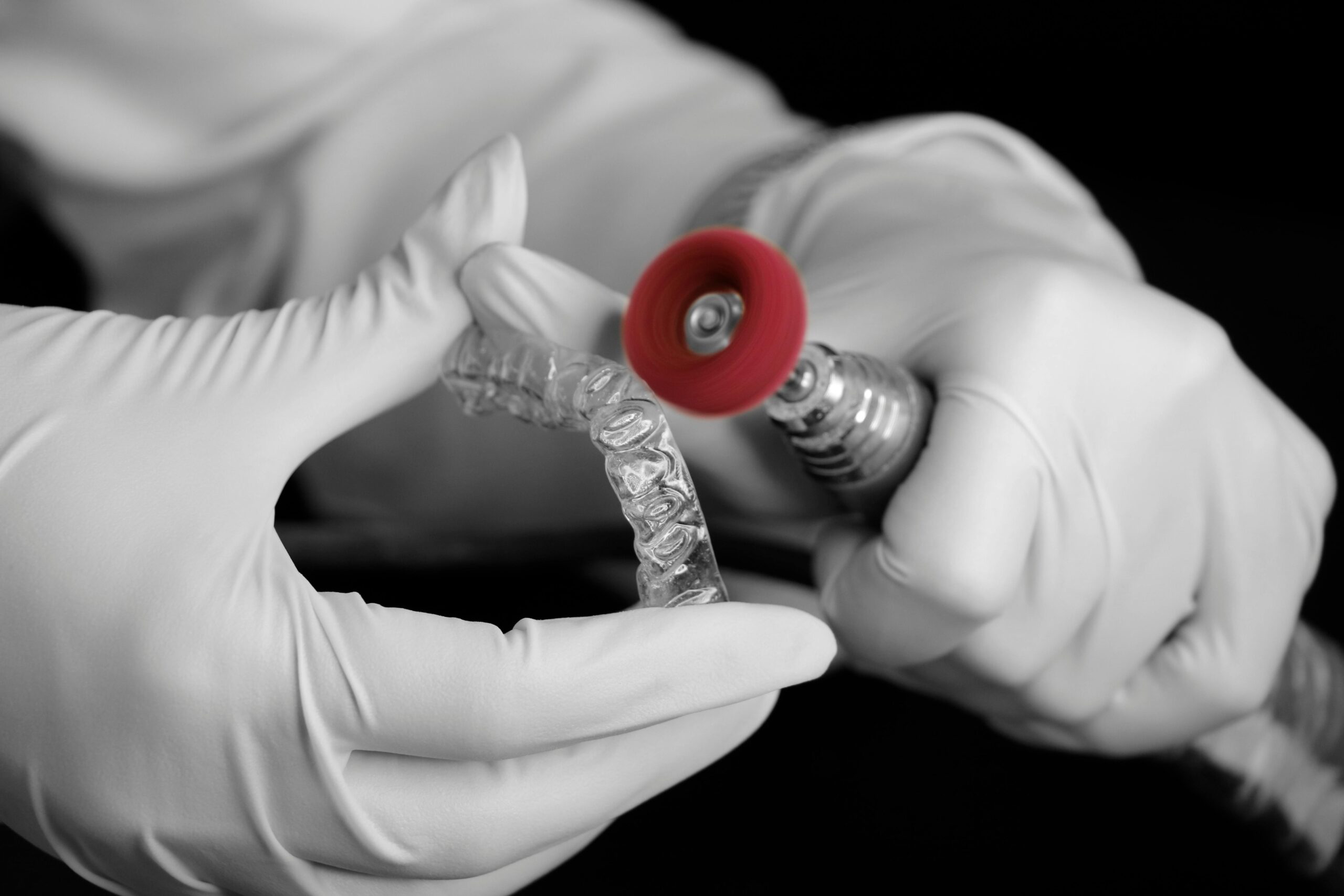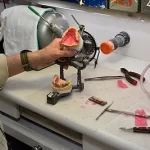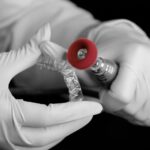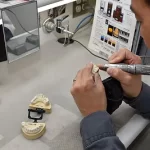Introduction
Dental restorations are critical for maintaining oral health, restoring functionality, and improving the appearance of teeth. With advancements in dental technology, there are various types of restorations available to address different dental issues. This blog explores the most common types of dental restorations, their benefits, and what patients can expect during the process.
1. Dental Crowns: The Cap That Restore
A dental crown, often referred to as a cap, is used to cover and protect a damaged tooth. Crowns are commonly made from porcelain, ceramic, or metal and are designed to look and function like a natural tooth.
Benefits:
Strengthens weakened teeth
Restores the shape, size, and appearance of a tooth
Provides long-lasting durability
2. Dental Bridges: Bridging the Gap
Dental bridges are used to replace one or more missing teeth. A bridge consists of one or more artificial teeth (pontics) held in place by crowns attached to the adjacent teeth.
Benefits:
Restores the ability to chew and speak properly
Maintains the shape of the face
Prevents remaining teeth from drifting out of position
3. Dentures: Removable Solutions
Dentures are removable replacements for missing teeth and surrounding tissues. There are two types: complete dentures for replacing all teeth and partial dentures for replacing some teeth.
Benefits:
Restores the appearance of a full set of teet
Improves chewing and speaking ability
Supports facial muscles to maintain facial structure
4. Dental Implants: Permanent and Natural
Dental implants are a popular and effective solution for replacing missing teeth. An implant consists of a titanium post surgically placed into the jawbone, which serves as a foundation for a crown, bridge, or denture.
Benefits:
Restores the appearance of a full set of teeth
Improves chewing and speaking ability
Supports facial muscles to maintain facial structure
5. Dental Implants: Permanent and Natural
Dental implants are a popular and effective solution for replacing missing teeth. An implant consists of a titanium post surgically placed into the jawbone, which serves as a foundation for a crown, bridge, or denture.
Benefits:
Provides a permanent and stable solution
Feels and functions like natural teeth
Prevents bone loss and maintains jaw structure
The Role of Dental Laboratories
Dental laboratories are integral in the creation of these restorations. Using advanced technology and skilled craftsmanship, dental technicians produce custom-made prosthetics that meet the exact specifications provided by dentists. This collaboration ensures high-quality restorations that fit perfectly and meet patients’ aesthetic and functional needs.
Conclusion
Understanding the different types of dental restorations can help patients make informed decisions about their oral health. Whether you need a crown, bridge, dentures, or implants, modern dental technology and skilled professionals ensure that you receive the best possible care. Consult with your dentist to determine the most suitable option for your needs, and rest assured that the dental laboratory is working behind the scenes to provide you with a perfect smile.

